January 20, 2025
Step into the Future: The Future of Work Experience Lounge at EXE 2025
 The way we work is changing faster than ever, and with it comes new challenges for HR professionals. Hybrid work, employee well, being, and fostering meaningful connections are top priorities, but how do we create spaces that deliver on all of this? The answer lies in reimagining the workplace as a vibrant ecosystem where collaboration, creativity, and well, being take centre stage. At EXE 2025, we’re bringing this vision to life in the most exciting way imaginable. Welcome to the Future of Work Experience Lounge, a space that isn’t just about work, but about how work feels. It is where connection meets innovation and focus meets flow. Created for HR leaders, employee experience experts, and people, first organisations, this lounge isn’t just another feature of the event, it’s the reason you’ll want to be there. (more…)
The way we work is changing faster than ever, and with it comes new challenges for HR professionals. Hybrid work, employee well, being, and fostering meaningful connections are top priorities, but how do we create spaces that deliver on all of this? The answer lies in reimagining the workplace as a vibrant ecosystem where collaboration, creativity, and well, being take centre stage. At EXE 2025, we’re bringing this vision to life in the most exciting way imaginable. Welcome to the Future of Work Experience Lounge, a space that isn’t just about work, but about how work feels. It is where connection meets innovation and focus meets flow. Created for HR leaders, employee experience experts, and people, first organisations, this lounge isn’t just another feature of the event, it’s the reason you’ll want to be there. (more…)










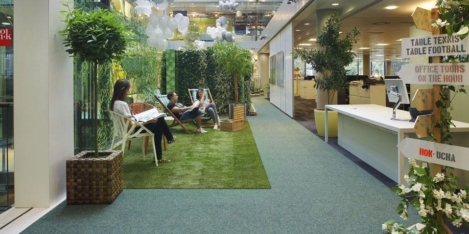
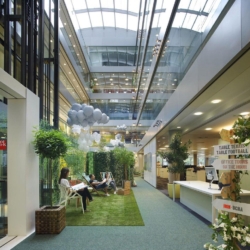










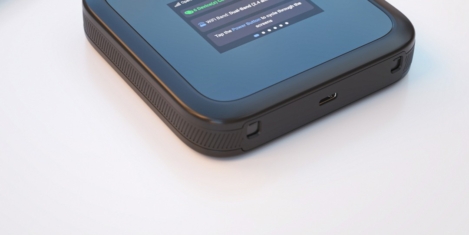
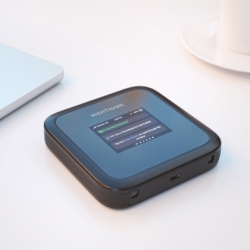

 Organisations are having to rethink the form and function of their offices in ways unprecedented in their relatively short history. And perhaps the biggest challenge is to create places to work that reflect the organisation’s culture and the needs of the people who work there (some of the time). One possible framework for aligning an office design model with the culture of the organisation is presented in a supplement published for
Organisations are having to rethink the form and function of their offices in ways unprecedented in their relatively short history. And perhaps the biggest challenge is to create places to work that reflect the organisation’s culture and the needs of the people who work there (some of the time). One possible framework for aligning an office design model with the culture of the organisation is presented in a supplement published for 
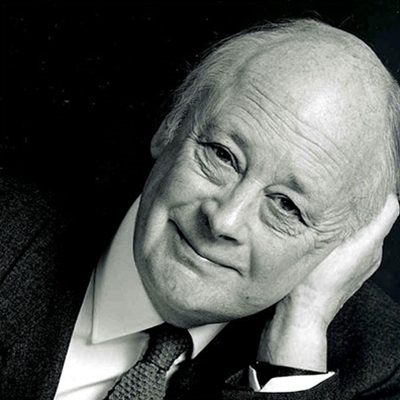









January 17, 2025
We still display status in office design, but in new and subtle ways
by Mark Eltringham • Comment, Workplace design
(more…)